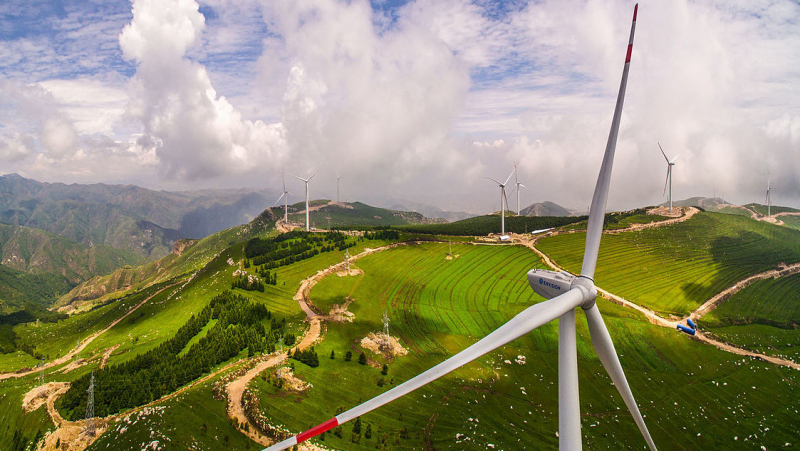New briefing: 10 Essentials for a ‘Truly Green’ Green Equity Approach

In 2020, the International Finance Corporation (IFC, the World Bank’s private sector arm) published its "Approach to Greening Equity in Financial Institutions" (Green Equity Approach or GEA). The GEA committed the IFC to end equity investments in financial institutions that do not have a plan to phase out coal-related investments by 2030.
This initiative to “green” equity investments through the GEA was a step in the right direction in helping IFC’s equity financial intermediary clients to exit coal and boost green investments. This is important because what the IFC does, others follow. And in this context, the IFC plays a crucial role in setting the standard in green equity investments both for the private sector and other development finance institutions (DFIs).
For instance, Federal Bank Limited, which is India’s 7th largest commercial bank and previously one of the leading coal backers in the country, turned its back on new coal investments in July 2021 after it signed up to the GEA. This was a watershed moment for the banking industry because commercial banks in developing countries remain some of the biggest fossil fuel financiers at the national level.
But while the GEA represents a welcome, if narrow, opportunity to phase out coal financing by 2030, much is still to be desired for the GEA to align IFC’s equity investment portfolio with the Paris Agreement on climate change.
A new publication, '10 Essentials for a 'Truly Green' Green Equity Approach', outlines civil society recommendations to ensure equity investments under the IFC are shifted away from fossil fuel financing.
This briefer is co-published by Recourse, Heinrich-Boll Stiftung Washington, DC, TrendAsia, Inclusive Development International, Oil Change International, Friends of the Earth U.S, BankTrack, Center for Financial Accountability, Gender Action, Bretton Woods Project and Center for International Environmental Law.
Download the briefer here .
